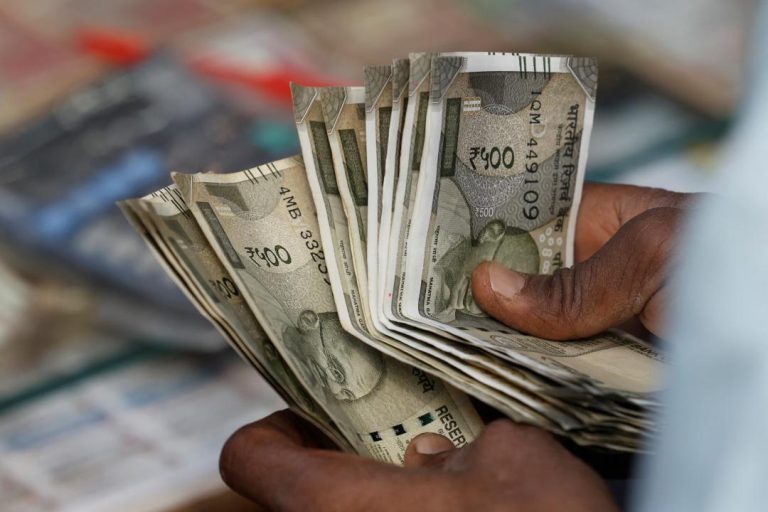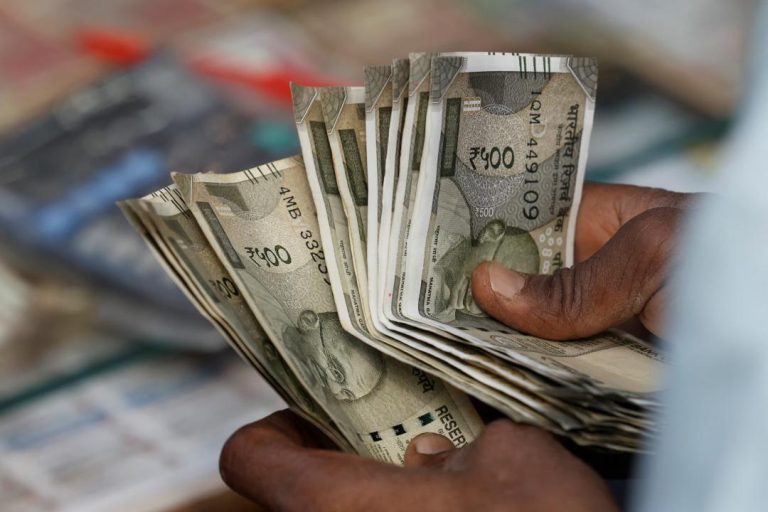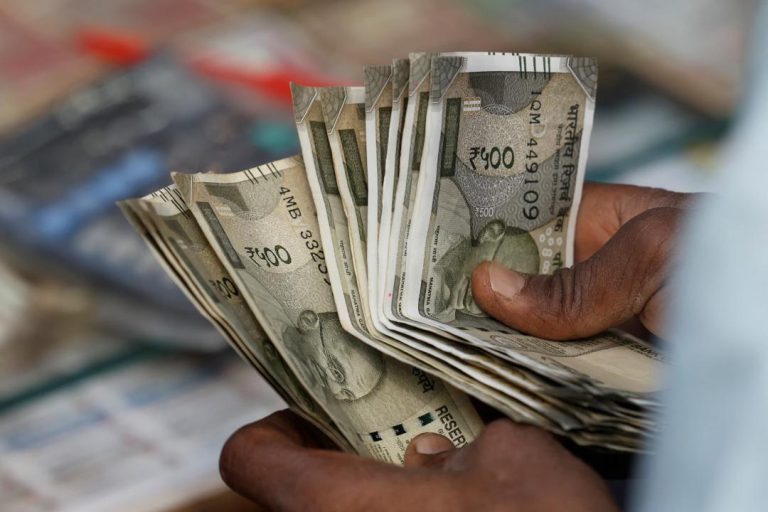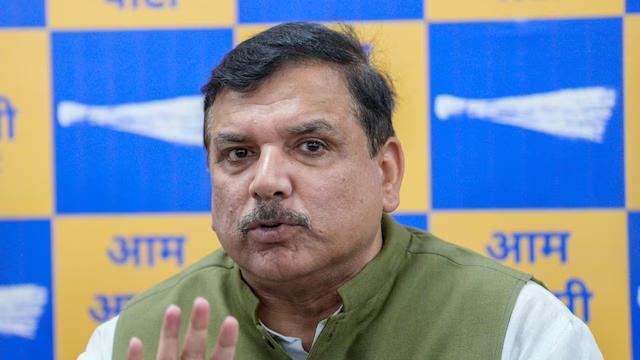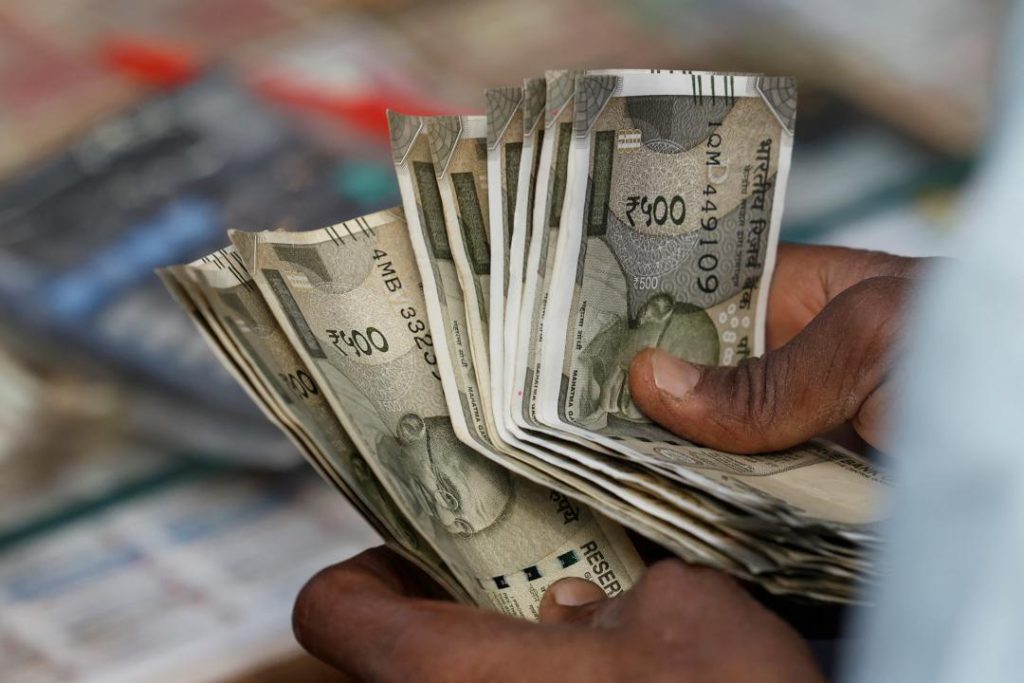
What got cheaper & costlier in March as CPI falls to 67-month-low of 3.34%?
The Consumer Price Index (CPI) in India, which measures the average change in prices of a basket of goods and services, has fallen to a 67-month low of 3.34% in March. This significant decline in retail inflation is a welcome relief for consumers, especially for those who have been grappling with the rising costs of daily essentials.
According to the data released by the Ministry of Statistics and Programme Implementation, the CPI has recorded a decline of 2.86% in March compared to the same period last year. This is a significant drop from the 5.03% recorded in February. The fall in CPI is attributed to a decline in prices of essential commodities such as vegetables, pulses, and eggs.
What got cheaper?
Prices of eggs, vegetables, and pulses saw considerable declines in March. Eggs became cheaper by 4.48%, vegetables by 4.23%, and pulses by 3.92%. This is a significant relief for consumers who have been facing high prices of these essential commodities in recent months. The decline in prices of pulses, in particular, is a welcome relief for consumers who have been struggling with the high cost of protein-rich food.
Spices, meat, fish, housing, recreation, and amusement also saw prices drop marginally. Spices became cheaper by 0.44%, meat and fish by 0.25%, and housing by 0.12%. Recreation and amusement activities such as cinema tickets, sports, and entertainment also saw a marginal decline in prices.
What got costlier?
On the other hand, fruit prices saw a significant jump of 5.92% in March. This is a concern for consumers who have been facing high prices of fruits in recent months. Cereals, milk, oil, sugar, confectionery, clothing, snacks, sweets, pan, tobacco, footwear, fuel, and health and education also saw marginal rises in prices.
Cereals became costlier by 1.33%, milk by 1.23%, and oil by 0.95%. Sugar, confectionery, and sweets also saw a marginal increase in prices. Pan, tobacco, and footwear also saw a slight rise in prices. Fuel, health, and education services also saw a marginal increase in prices.
Impact on Consumers
The decline in CPI is likely to have a positive impact on consumers. With prices of essential commodities such as eggs, vegetables, and pulses declining, consumers are likely to have more money in their pockets. This is especially true for low-income households who spend a significant portion of their income on food and other essential commodities.
The decline in CPI is also likely to have a positive impact on the overall economy. With inflation under control, the Reserve Bank of India (RBI) is likely to consider cutting interest rates, which will boost consumer spending and economic growth.
Conclusion
The decline in CPI to a 67-month low of 3.34% in March is a significant relief for consumers. The decline in prices of essential commodities such as eggs, vegetables, and pulses is a welcome relief for consumers who have been facing high prices of these commodities in recent months. While fruit prices saw a significant jump, the overall decline in CPI is likely to have a positive impact on consumers and the economy.
Source:
